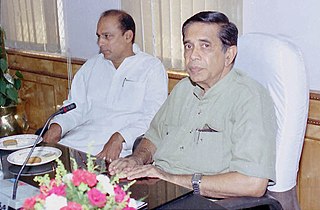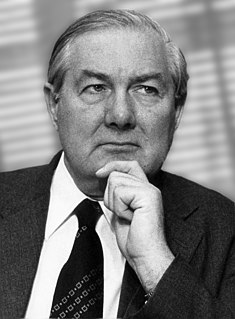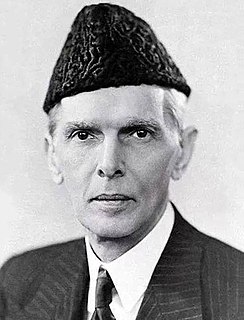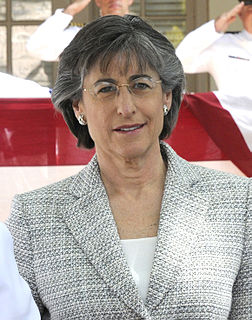A Quote by Oscar Fernandes
Things said by political parties are different from the decisions of the government which are taken to uphold the rule of law. The government takes decisions that are best for the country.
Related Quotes
The Chinese have certain advantages. The fact that it's a single party government. But I do believe in the long run the fact that India is a functioning democracy committed to the rule of law. Our system is slow to move but I'm confident that once decisions are taken they are going to be far more durable.
If people want consultative government, the price is increased complexity and delay in arriving at decisions. If they want speed of government, then they must accept a greater degree of authoritarianism. I suspect that the real answer is that most people prefer the latter so long, that is, as government's decisions conform with their own views.
A famous, very often quoted phrase says: "That government is best, which governs least." I do not believe this to be a correct description of of the functions of a good government. Government ought to do all the things for which it is needed and for which it is established. Government ought to protect the individuals within the country against the violent and fraudulent attacks of gangsters, and it should defend the country against foreign enemies. These are the functions of government within a free system, within the system of the market economy.
































